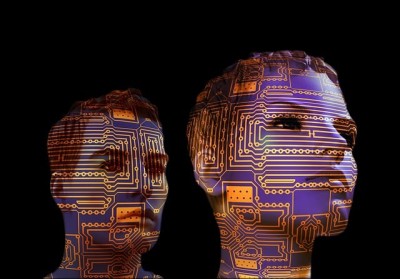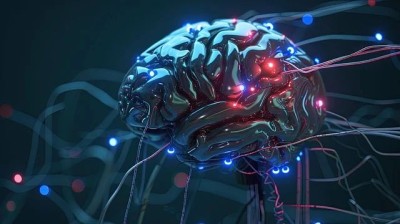When AI Thinks for Us: The Ethical Dilemma of Smart Machines
Artificial Intelligence (AI) is no longer a futuristic concept it’s embedded in our everyday lives. From personalized content on social media to autonomous vehicles and AI-powered healthcare diagnostics, machines are not just assisting us they are making decisions for us. While these advancements bring undeniable convenience and efficiency, they also open up a profound ethical debate: Should we let machines think for us?
1. The Rise of Smart Decision-Making Machines
AI has evolved from basic automation to complex decision-making systems. Modern AI algorithms can now diagnose diseases more accurately than some doctors, suggest legal rulings, and determine who gets a loan or a job interview. These decisions are often made faster and based on vast datasets far beyond human capability.
However, the crux of the matter is agency. When we delegate decisions to machines, we also surrender a part of our autonomy. The question arises: are we still in control, or are we being controlled by systems we barely understand?
2. The Black Box Problem
One of the central ethical concerns is the opacity of AI systems. Many AI models, particularly those using deep learning, operate as "black boxes" producing results without clear explanations. When an AI denies someone a job interview or recommends a medical treatment, it can be nearly impossible to trace the rationale behind that decision.
This lack of transparency poses critical questions:
- Can we trust decisions we don’t fully understand?
- Who is accountable when AI gets it wrong?
3. Bias in, Bias Out
AI is only as unbiased as the data it learns from and human data is inherently flawed. Historical hiring patterns, judicial outcomes, and even online content carry societal biases. When fed into AI systems, these biases can be amplified rather than neutralized.
For example:
- Facial recognition systems have been found to be less accurate for people of color.
- AI hiring tools have shown gender bias against women in tech roles.
Without proactive measures, AI risks perpetuating systemic inequality under the guise of objectivity.
4. The Ethics of Delegation
Should a machine be allowed to make life-and-death decisions, such as in autonomous driving or battlefield drones? Should AI decide what news you see or which political content is promoted?
Delegating moral and ethical decisions to AI raises profound questions:
- What values are embedded in AI systems?
- Can AI understand human context, emotion, or intent?
- Where should we draw the line between assistance and authority?
These dilemmas push us to think deeply about what it means to be human and whether machines can ever share those values.
5. Regulation and Human Oversight
With growing awareness of AI's ethical implications, there’s a global push for responsible AI development:
- The EU’s AI Act aims to categorize and regulate AI based on risk.
- Major tech firms are adopting AI ethics frameworks and promoting human-in-the-loop models.
- Independent organizations advocate for AI audits, transparency, and algorithmic accountability.
But regulation is only part of the answer. Human oversight, diversity in AI development teams, and public education are essential to ensure that AI serves humanity not the other way around.
The Choice Ahead
AI is a powerful tool but it is still a tool. The responsibility lies with us to determine how it is designed, deployed, and monitored. As smart machines grow smarter, we must grow wiser.
The real ethical dilemma isn’t whether AI should think for us it’s whether we’re thinking hard enough about the implications. In the race for smarter machines, let’s not lose sight of our human values.
-1745570755.jpg)
Smart Living: Embracing Technology for a Better Tomorrow
-1745570753.jpg)
Connected World: The Role of Tech in Modern Living
-1745570758.jpg)
The Rise of Automation: What It Means for Work and Life

The Ethical Dilemmas of AI and Machine Learning





-1745569762.jpg)
-1745569762.jpg)
-1745569769.jpg)
-1745569771.jpg)